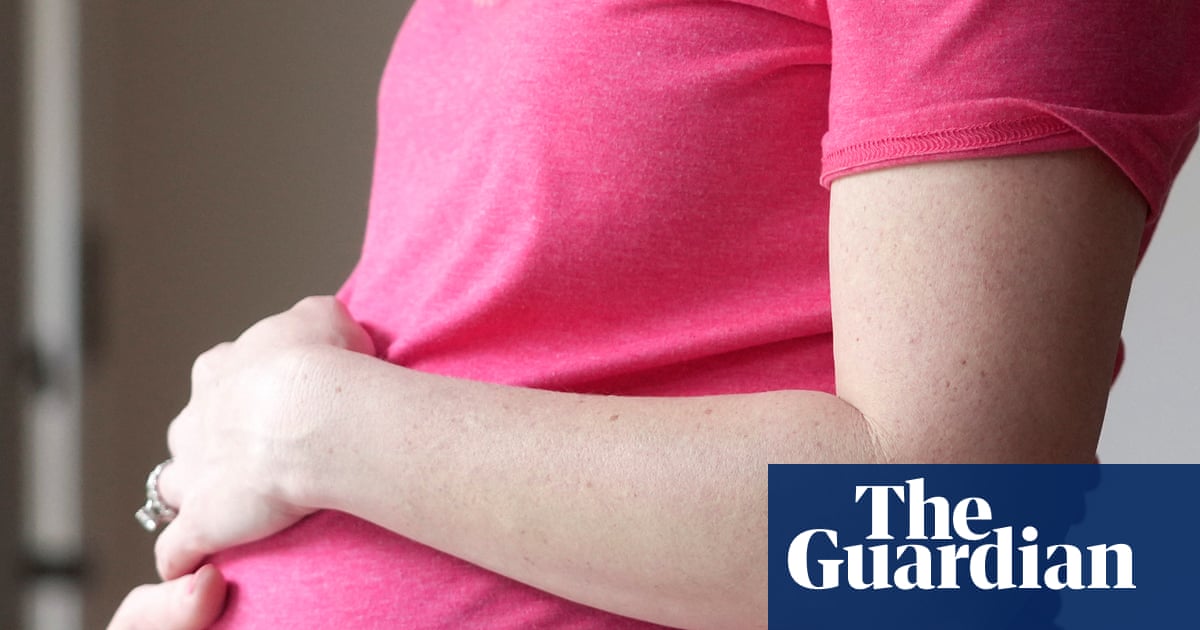A drug used in medical abortions could help prevent women at high risk of breast cancer from developing the disease, according to an international group of doctors and scientists.
However, “stigma” around mifepristone is stopping pharmaceutical companies from investigating its potential as a new treatment doctors could offer to reduce the risk of breast cancer, they say.
Companies appear reluctant to carry out trials despite the fact that three previous studies all found that the drug shows promise as a way of slowing down the growth of cancerous cells.
Mifepristone’s role in medical abortions and fact that access to abortion is restricted in some countries is preventing much-needed research being done, the experts claim.
It is one of two drugs, alongside misoprostol, that women in the UK take when ending a pregnancy that began up to 10 weeks earlier. They take a mifepristone tablet, then wait for 24-48 hours and then take the misoprostol.
“It is deeply disappointing that the successful application of mifepristone in one area of clinical medicine is hindering more extensive research into other indications that could benefit public health,” the opinion piece written by eight co-authors and published in The Lancet Obstetrics, Gynaecology and Women’s Health says. All are experts in reproductive health or reproductive cancer working in London, Edinburgh, Stockholm and Erbil in Iraq.
“The time is long overdue to give mifepristone the opportunity it deserves to be investigated as a non-surgical option for primary prevention [of breast cancer],” they add.
Breast cancer is the most common female cancer in most countries in the world and kills an estimated 670,000 women globally every year, according to the World Health Organization.
Although small-scale, the three previous studies offered evidence mifepristone can limit the effect of the hormone progesterone, which drives the cell growth found in breast cancer. They were published in 2008, 2022 and 2024.
Mifepristone is a type of drug known as a selective progesterone receptor modulator.
If proven to work, it could help women who are at high risk of breast cancer, such as those who carry a variant of the BRCA1 or BRCA2 genes. Currently they are offered surgical options for their treatment, such as a mastectomy, or drugs that are of “low efficacy”, the authors say.
UK cancer charities endorsed the plea for drug companies to look seriously into the role mifepristone could play in breast cancer care and for governments to enable that to happen by easing regulations that restrict its use to abortion.
Dr Simon Vincent, the chief scientific officer at Breast Cancer Now, said: “More risk-reducing treatment options for women with a high risk of developing breast cancer, that also protects their quality of life, are desperately needed. And we need to explore all avenues, including existing drugs, to achieve this.
“So early research into mifepristone is an important step forward and we need further studies to understand if these drugs are safe and effective.”
Dr Marianne Baker, Cancer Research UK’s science engagement manager, said the 57,900 new diagnoses a year of breast cancer in Britain showed that “it’s vital we invest in research exploring new ways to prevent the disease”.
She added: “Cancer develops when cells grow uncontrollably. Early studies showed that mifepristone slowed down cell growth in breast tissue, so it might be useful in delaying or preventing cancer.
“But we need more research to understand whether it’s effective, how it works and who would benefit most from it.”
Prof Kristina Gemzell Danielsson, the piece’s lead author, and who heads the department of women’s and children’s health at the Karolinska Institute in Stockholm, said: “Stigma around mifepristone used for abortion is describing part of why mifepristone is not more extensively researched for prevention of breast cancer.
“Taken together, our data support the use of mifepristone for prevention of poor prognosis breast cancer. All studies were randomised controlled trials using a low dose of mifepristone for two or three months.”

 2 months ago
77
2 months ago
77

















































